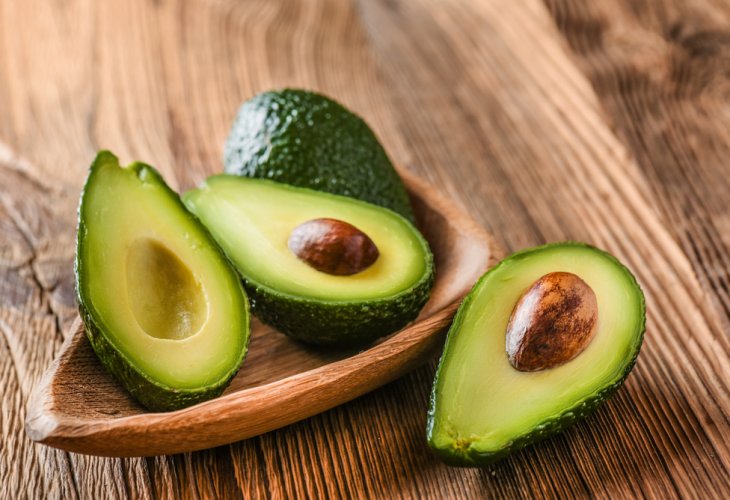Why Avocado is a Nutritional Powerhouse
Discover the health benefits of avocados, and why moderation is key with this delicious fruit.
 (Photo: shutterstock)
(Photo: shutterstock)Avocado is a unique fruit. Unlike other fruits that are mostly sugars, avocados primarily contain healthy fats. Grown in several varieties in the country, avocados are at their best in winter. Early in the season, the fat content is lower, but it doubles mid-season.
The fats in avocados are beneficial and can aid in weight loss due to the high feeling of fullness after eating them.
Avocados can influence mood positively, helping in the production of serotonin - a hormone that enhances mood and well-being. They also counter fatigue and improve concentration.
Avocados contain potassium - a crucial mineral for cell and tissue function in the body, helping to reduce blood pressure, prevent calcium loss, and muscle cramps.
The fatty acids in avocados promote liver health by lowering bad cholesterol and triglycerides while raising good cholesterol. This helps reduce the risk of heart and vascular diseases.
Avocados are high in soluble dietary fiber. This fiber is linked with nourishing friendly bacteria in the digestive system, vital for stomach and intestine functionality.
Avocados enhance the absorption of vitamins and minerals from fruits and vegetables. Some nutrients in plant-based foods dissolve in fat, and adding avocado to a salad boosts vitamin absorption.
Avocados contain nutrients like lutein and zeaxanthin, which benefit eye health. These antioxidants are linked to a lower risk of cataracts and macular degeneration in older adults.
Avocados offer high magnesium content, making them recommended for athletes and those suffering from night muscle cramps.
It is not advisable to eat more than half an avocado per day, and it should always be combined with vegetables. Those who do not consume any animal products can eat more avocado compared to those who consume rich foods like eggs, cheese, and meat.
Various studies have revealed that the most nutritious part of the avocado is actually the seed. It contains plant sterol fibers that help lower cholesterol levels, vitamin E which aids in preventing high blood pressure, and anti-inflammatory compounds that balance blood sugar.
Additionally, the seed contains agents that combat fungi and digestive infections. Regular consumption of avocado seeds can effectively fight bacteria and inflammatory bowel diseases.
How to consume avocado seed?
Carefully cut the seed into pieces to facilitate blending, and add it to fruit smoothies – it does not affect the taste.
Zohara Shavit is a naturopath N.D and an iridologist, with years of experience in treatment, counseling, and workshop facilitation. To book a complimentary workshop, call073-2221290

